The Institute for the Investigation of Communist Crimes and the Memory of the Romanian Exile (IICCMER) is preparing a teacher training guide, which will explain to the teachers how they should teach the "History of Communism", the guide following to be ready next month, according to the president of this institution, Daniel Sandru.
Daniel Sandru on Thursday attended the national conference "Romanian Communism", organised by the IICCMER at the Victoria Palace.
"Three years ago, to take a concrete example, and I hope that I am not wrong about the date, the "History of the Jews. The Holocaust" became a mandatory subject matter for high school students. And let me tell you that we have concrete data, thanks to the "Ellie Wiesel" institute, revealing how there were teachers who either refused to go to class to teach this, either severely distorted the information in the textbook, turning criminal Antonescu into a hero, which, of course, is not the case. I fear that the same thing could happen in the case of some of the history teachers who will teach "The History of Communism", a subject matter that was introduced as a result of our efforts and that of the Ministry of Education. (...) In order to prevent such cases from happening, we are currently working on a teacher training guide, which will be ready in December, an auxiliary that will come to the aid of the teachers and explain them how "The History of Communism" can be taught and how it should be taught without imposing a truth, but based on relevant data, based on archives, based on factual data," said Sandru.
He added that next year the National Plan for Raising Awareness of the Crimes of Communism in Romania will be implemented, a document currently being developed within a working group created at the level of the Prime Minister's Chancellery and which also foresees the organisation of regional meetings with history teachers, with the participation of international historians.
He also pointed out that the Romanian state should get involved in creating a museum of communism in Romania, as other post-communist states have already done, giving as examples countries such as Estonia, Latvia, the Czech Republic, Poland and Albania.
"Such museums are relevant and show us that historical memory is not just a matter of archives, but a matter of democratic defence. Unfortunately, our political decision-makers do not understand this even today," declared Sandru.

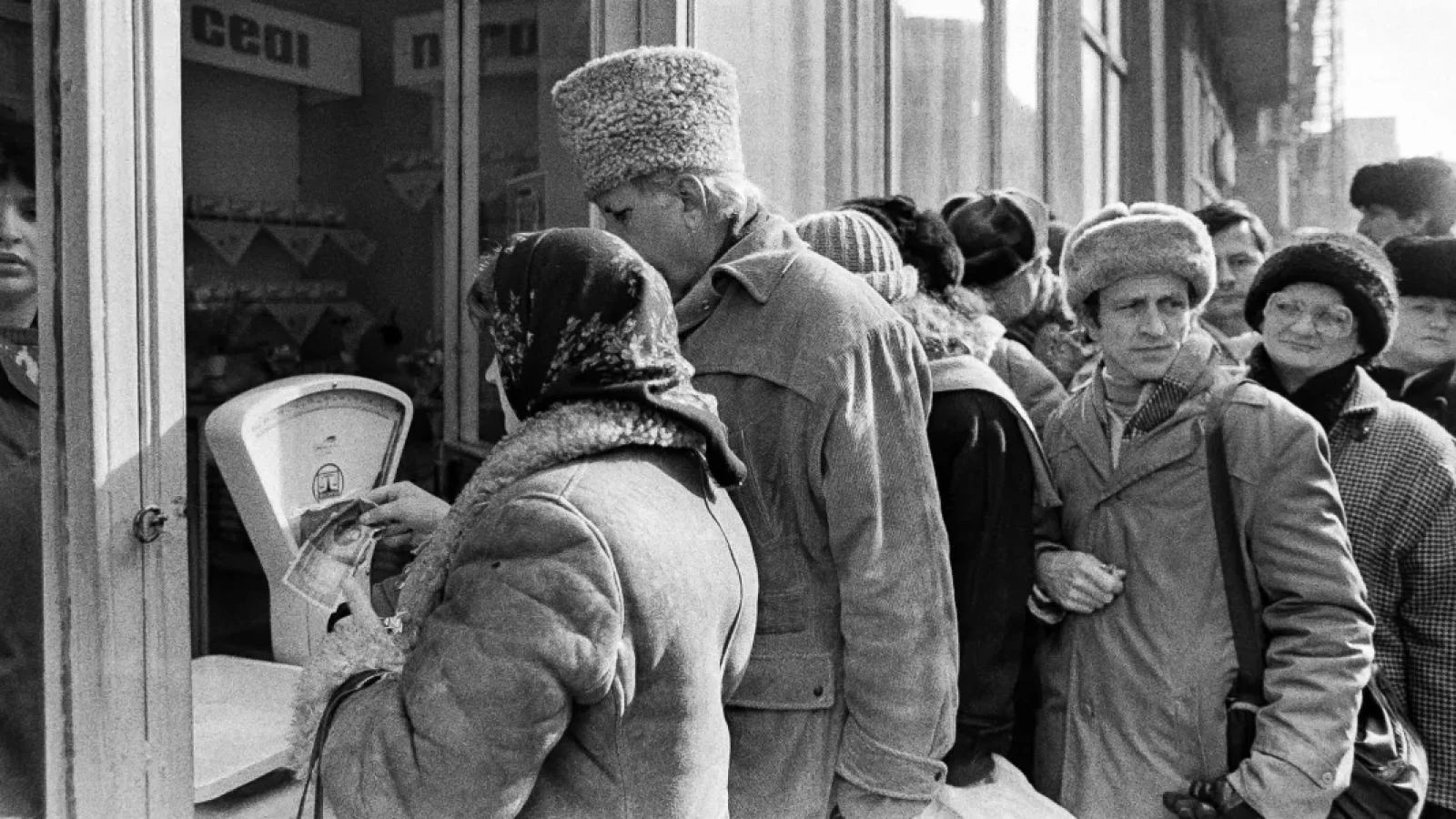




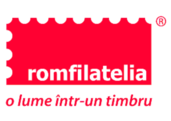











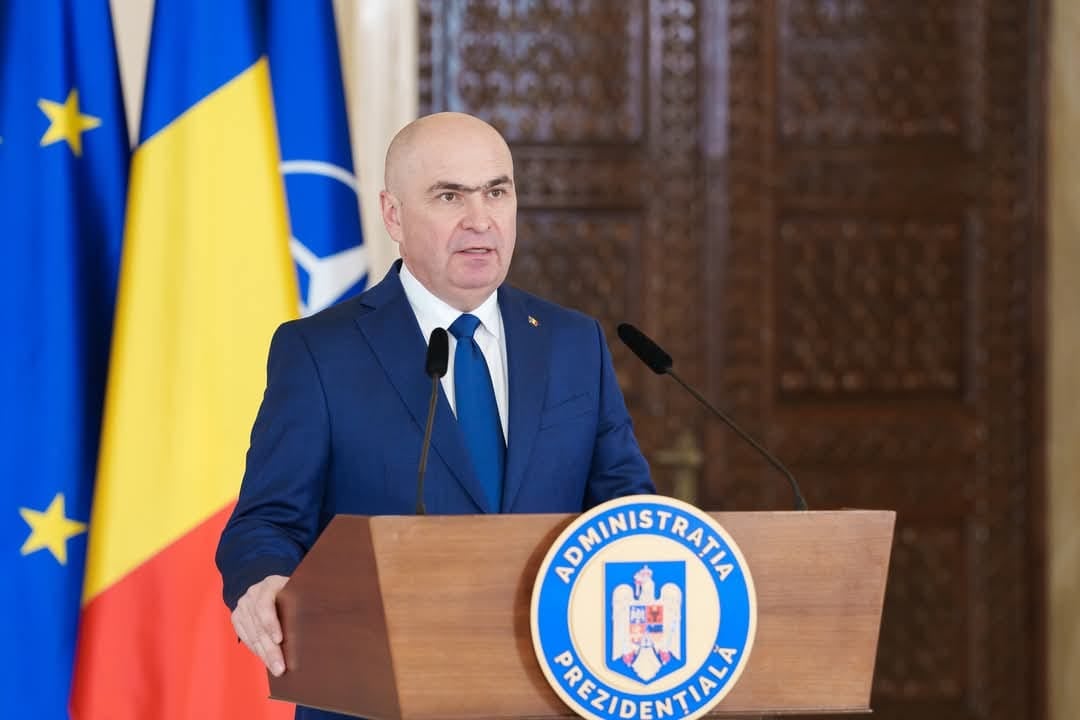
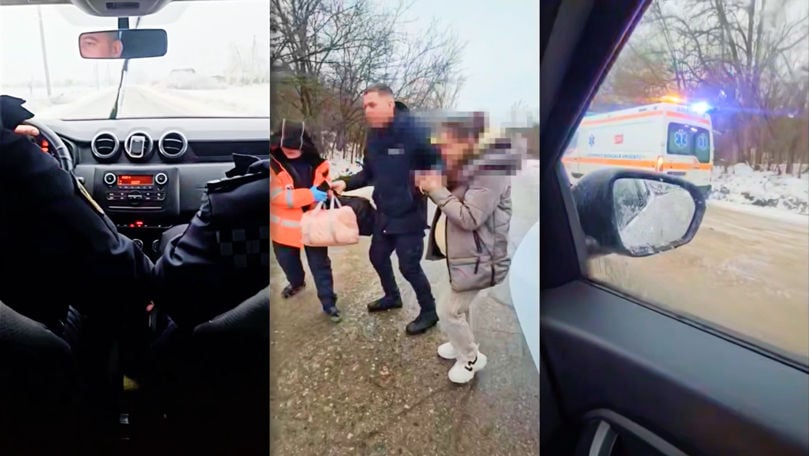

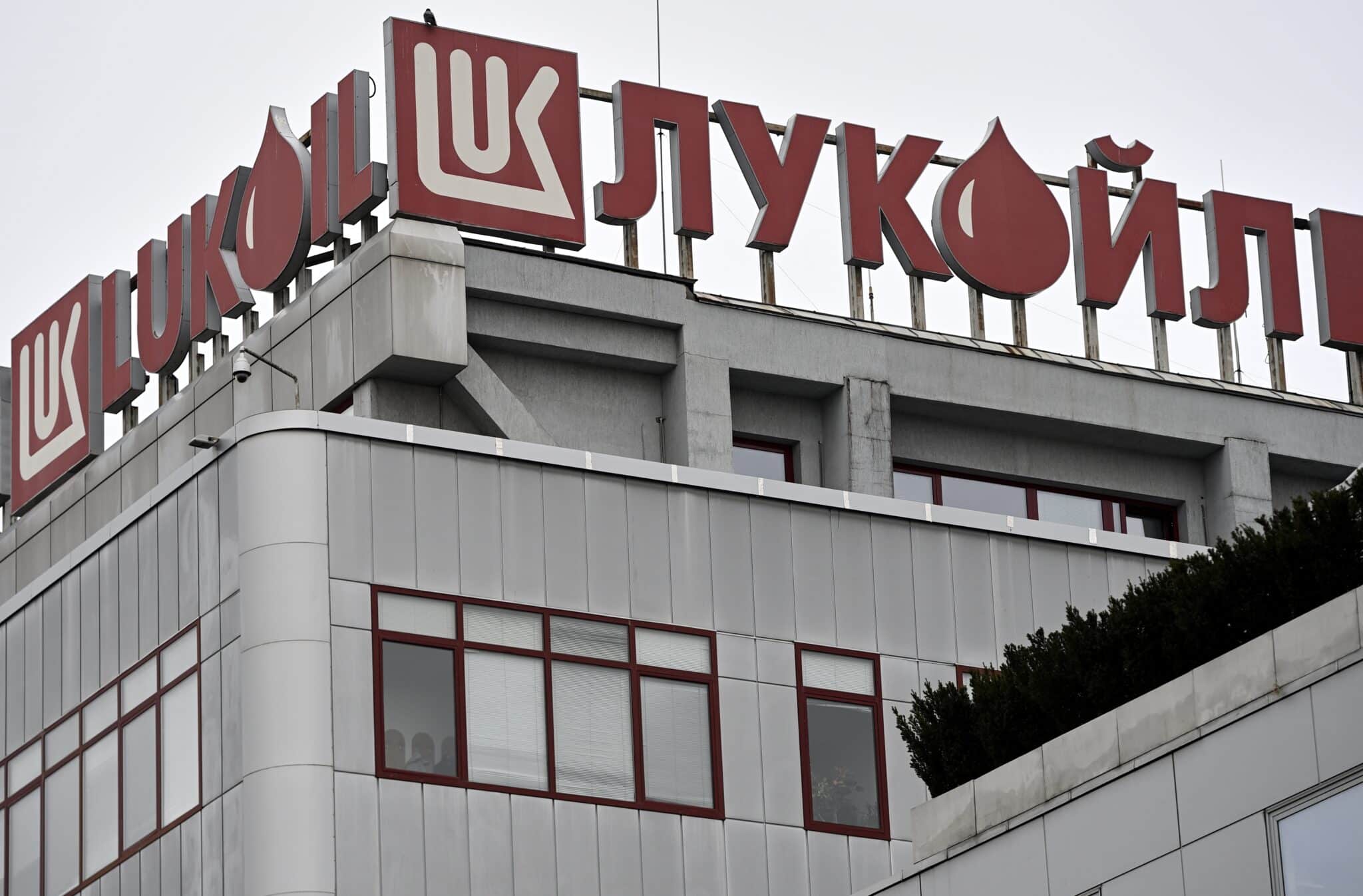








Comentează